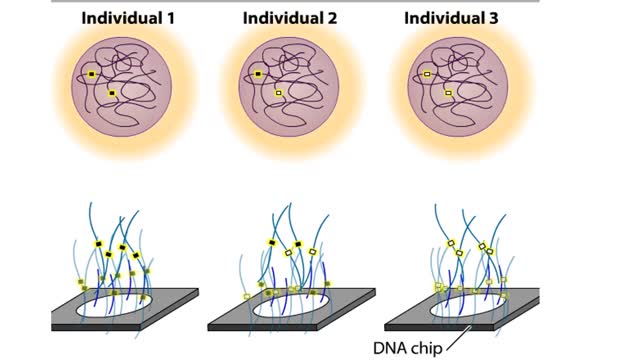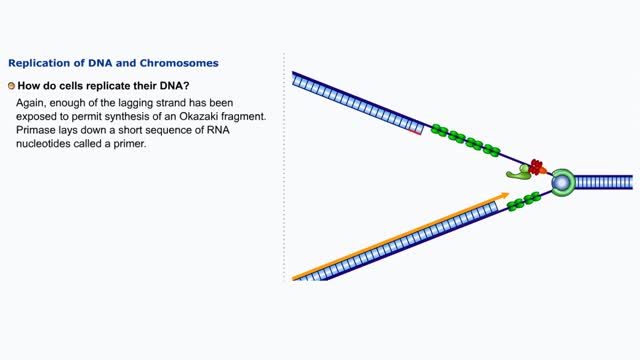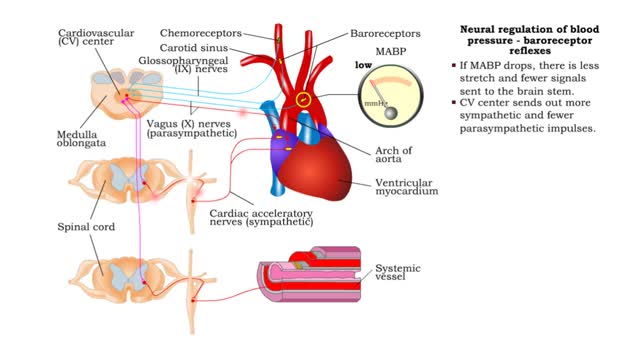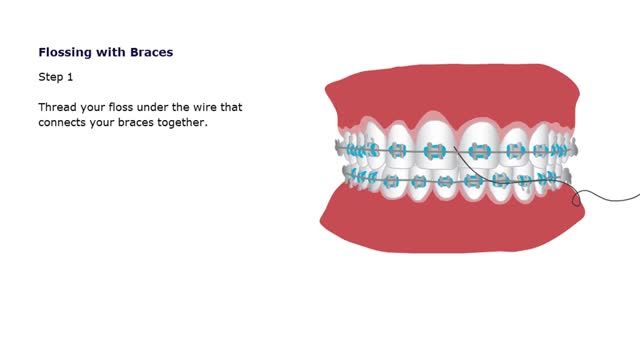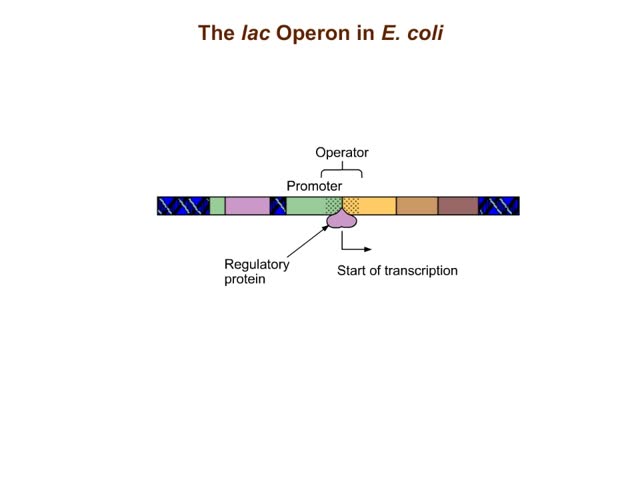Search Results
Results for: 'how do the lungs work'
Global warming and its effect on climate change
By: HWC, Views: 10631
Global warming, habitat destruction, and pollution are all hot topics in the news. Environmentalists are concerned that many of these factors will lead to the loss of species. But how will this happen? One way to think about the environment is as a finely-tuned, high performance engine. If one...
SNP Polymorphysim Microarray Chip - How to Test a Person's DNA
By: HWC, Views: 10391
To test a person's DNA, a researcher first needs a source of tissue. Most of the cells in a blood sample are red blood cells, which lack nuclei, but there are also a number of white blood cells, which do contain nuclei and chromosomal DNA. If we could see a particular DNA sequence in these cel...
Replication of DNA and Chromosomes/ How do cells replicate their DNA? (Animation) no Audio
By: HWC, Views: 10896
DNA replication in E. coil begins at a site called oriC where a replication bubble forms. At either end of this bubble is a replication fork. Since DNA polymerase Ill can read its DNA template strand only in the 3' to 5' direction this means that one strand (leading) can be read continuously b...
Neural regulation of blood pressure - baroreceptor and chemoreceptor reflexes
By: HWC, Views: 11400
• The nervous system regulates blood pressure with two reflex arcs: baroreceptor and chemoreceptor. ■ Baroreceptors (pressure) and chemoreceptors (chemical) are located in the carotid sinus and aortic arch. • Carotid sinus reflex helps maintain normal blood pressure in brain. • Ba...
Interview with Person having Obsessive Compulsive Disorder
By: Administrator, Views: 13889
Obsessive–compulsive disorder (OCD) is a mental disorder in which a person feels the need to perform certain routines repeatedly (called "compulsions"), or has certain thoughts repeatedly (called "obsessions"). The person is unable to control either the thoughts or activities for more than a sh...
Oral Hygiene & Braces Animation
By: HWC, Views: 10536
Caring for Your Retainer Retainers, just like your teeth collect plaque, bacteria and food particles. You should clean your retainer everyday! Keep your retainer soaking when it is not in your mouth. Use a mouthwash rinse to freshen it up and keep it free of bacteria. Keep your retainer away fr...
By: Administrator, Views: 15160
The lac operon (lactose operon) is an operon required for the transport and metabolism of lactose in Escherichia coli and many other enteric bacteria. Although glucose is the preferred carbon source for most bacteria, the lac operon allows for the effective digestion of lactose when glucose is no...
Advertisement




